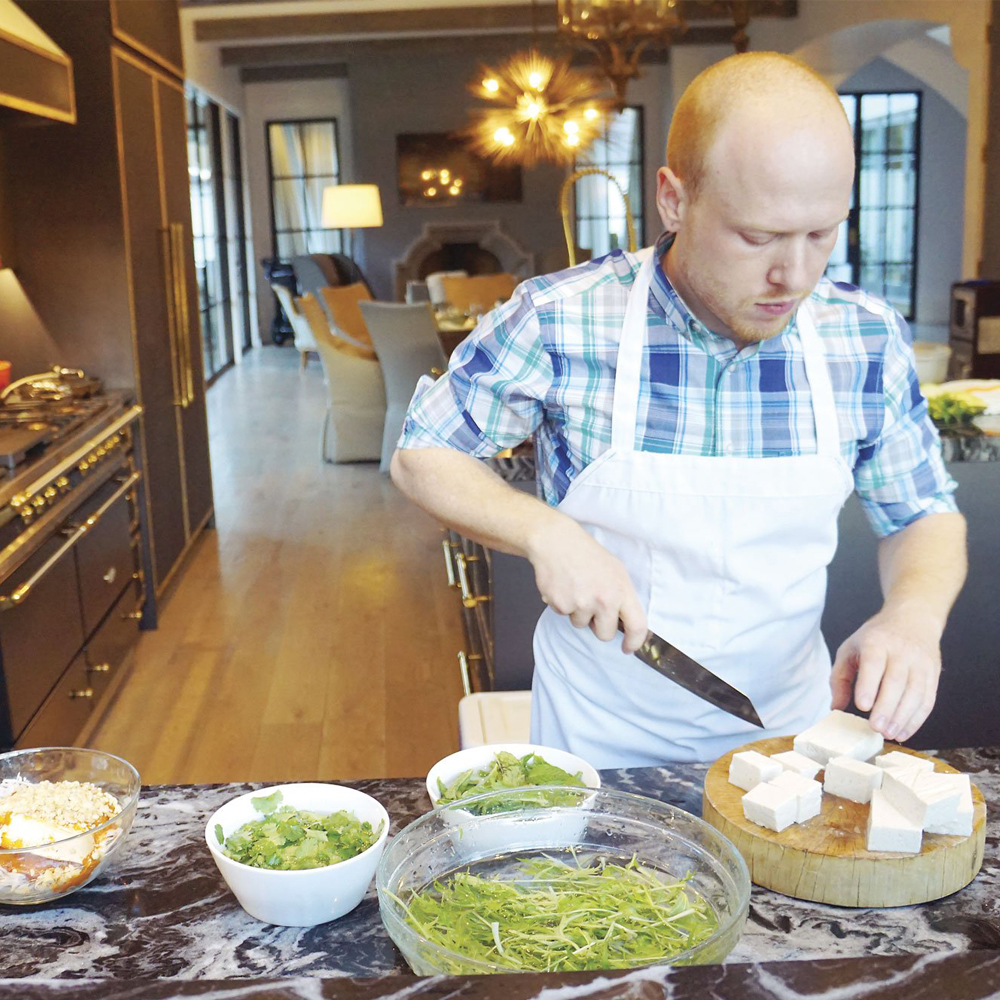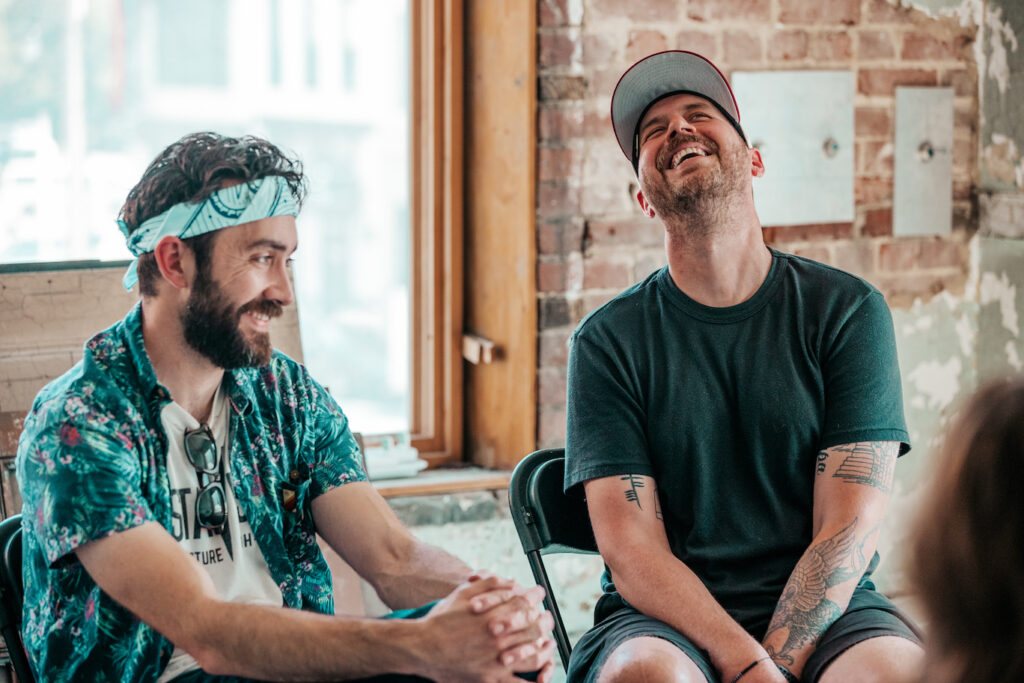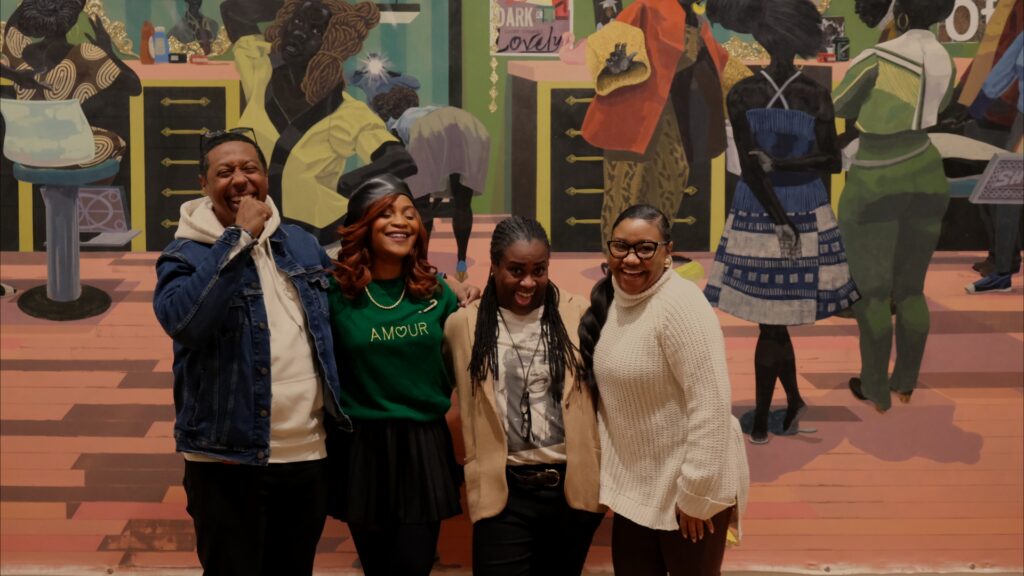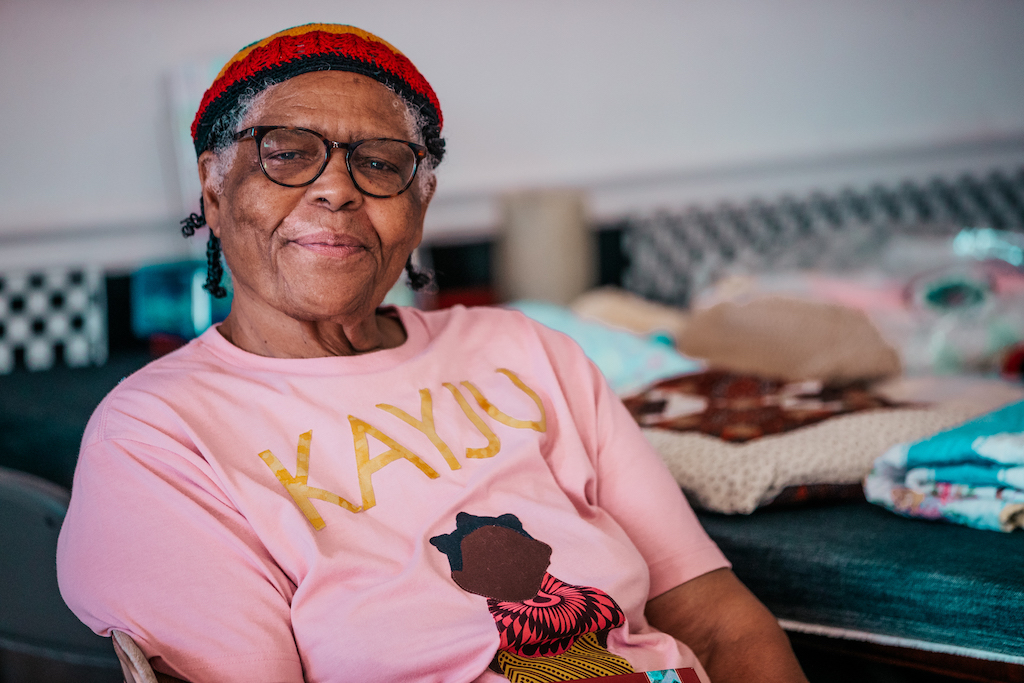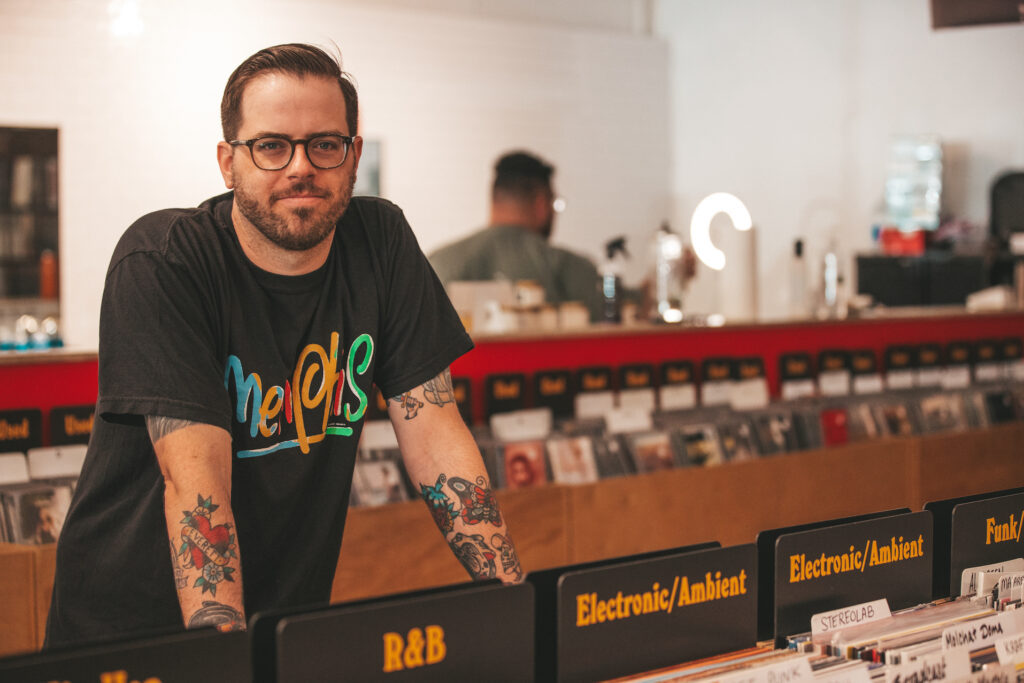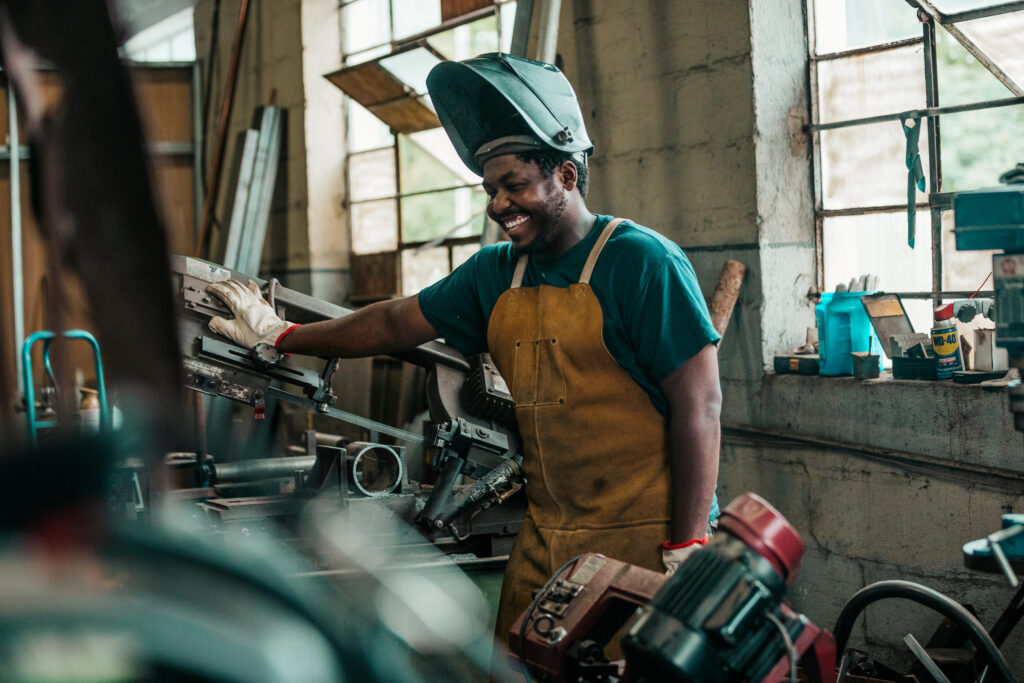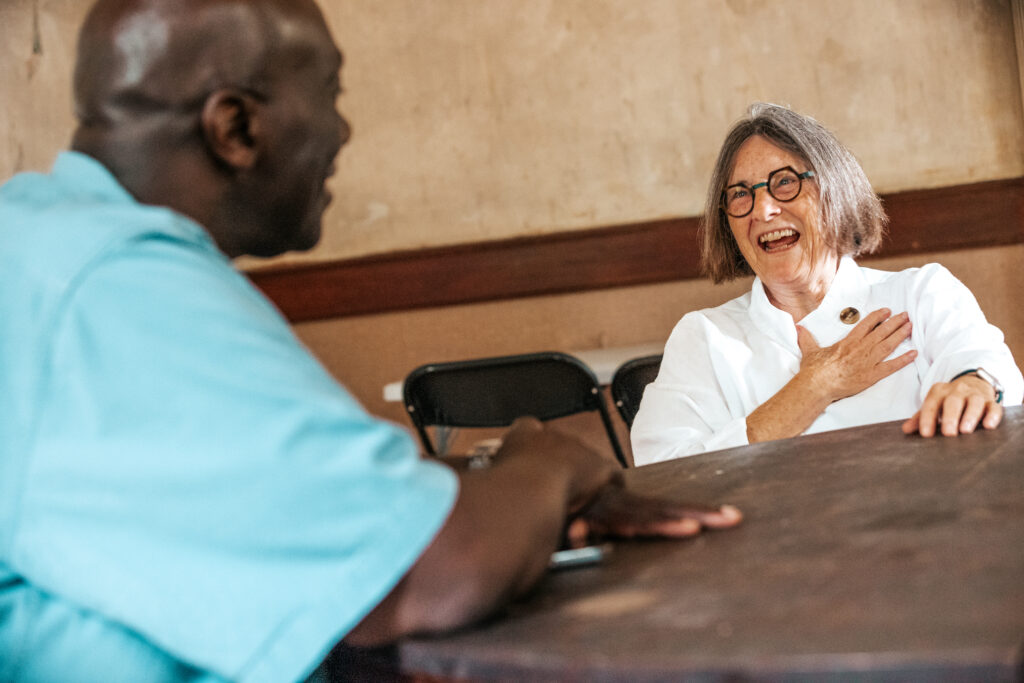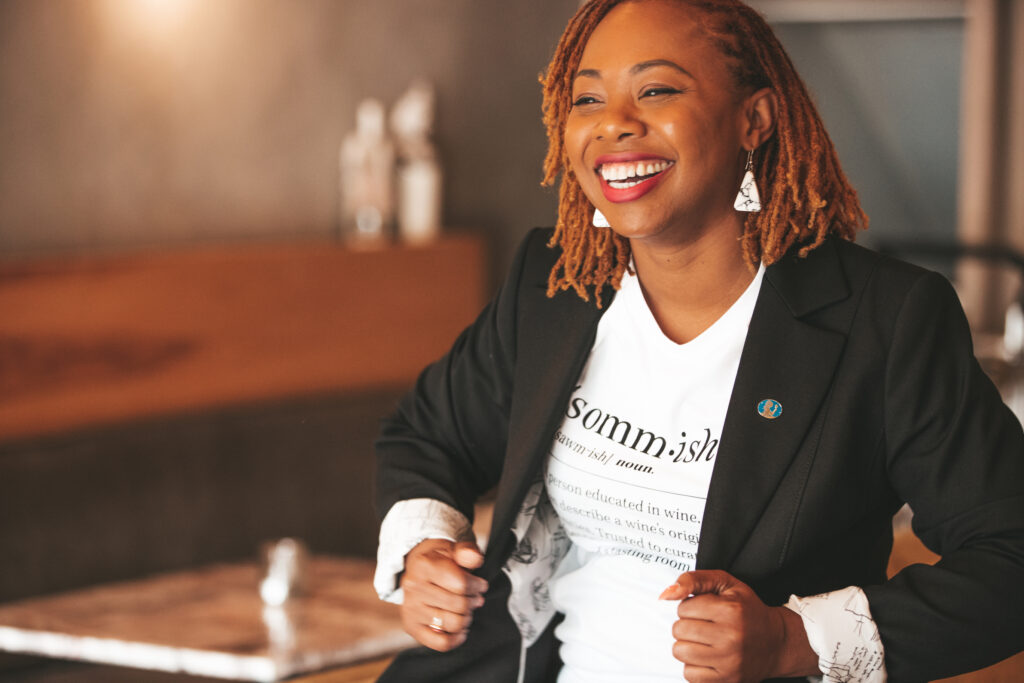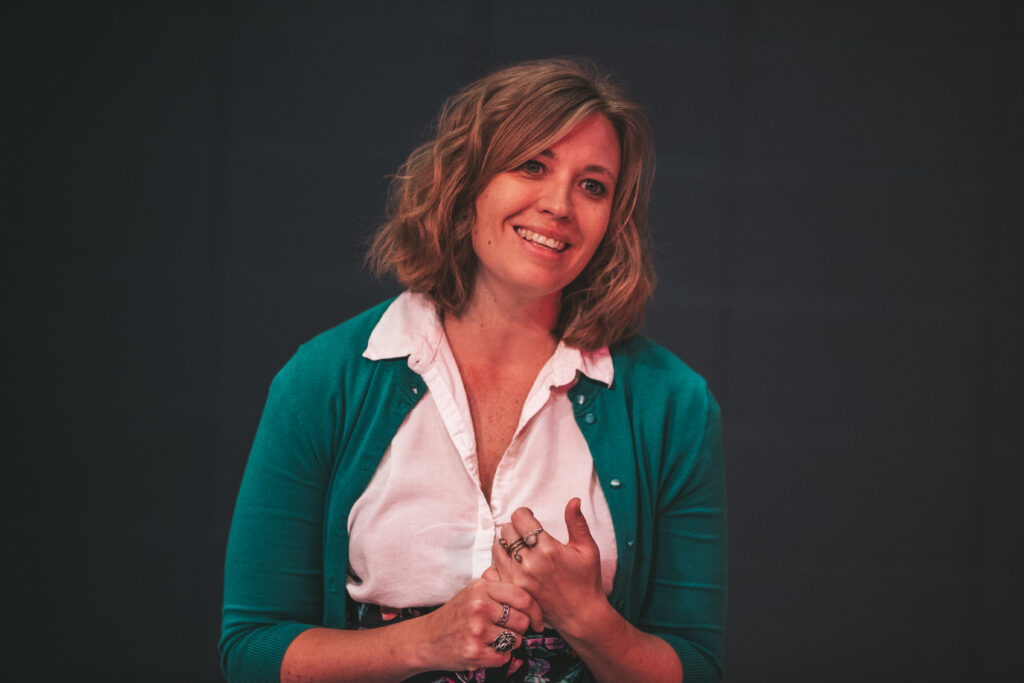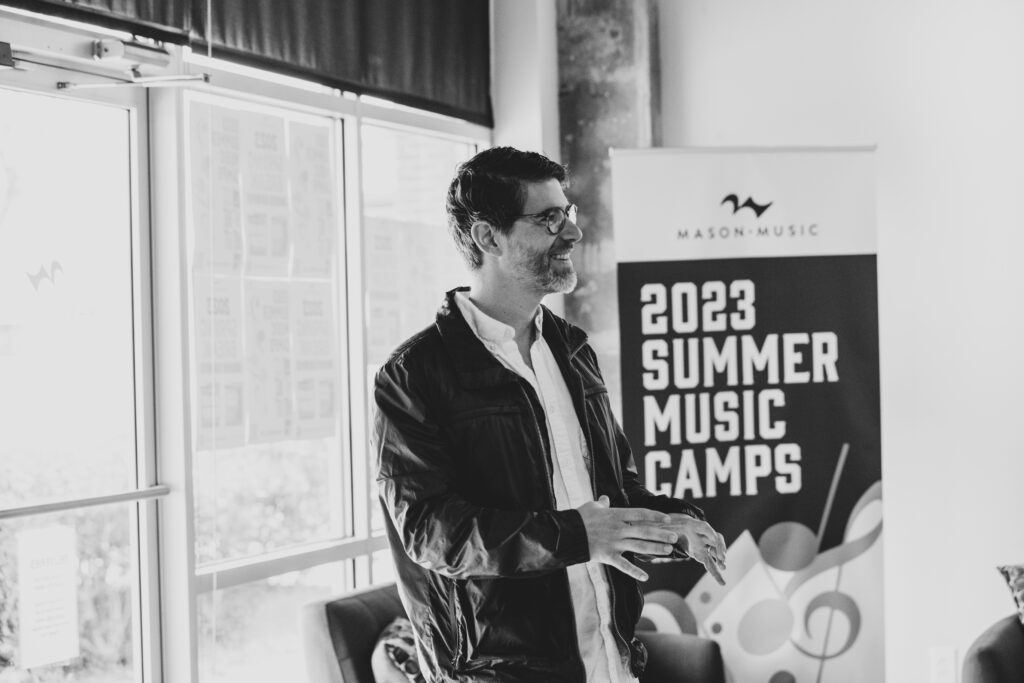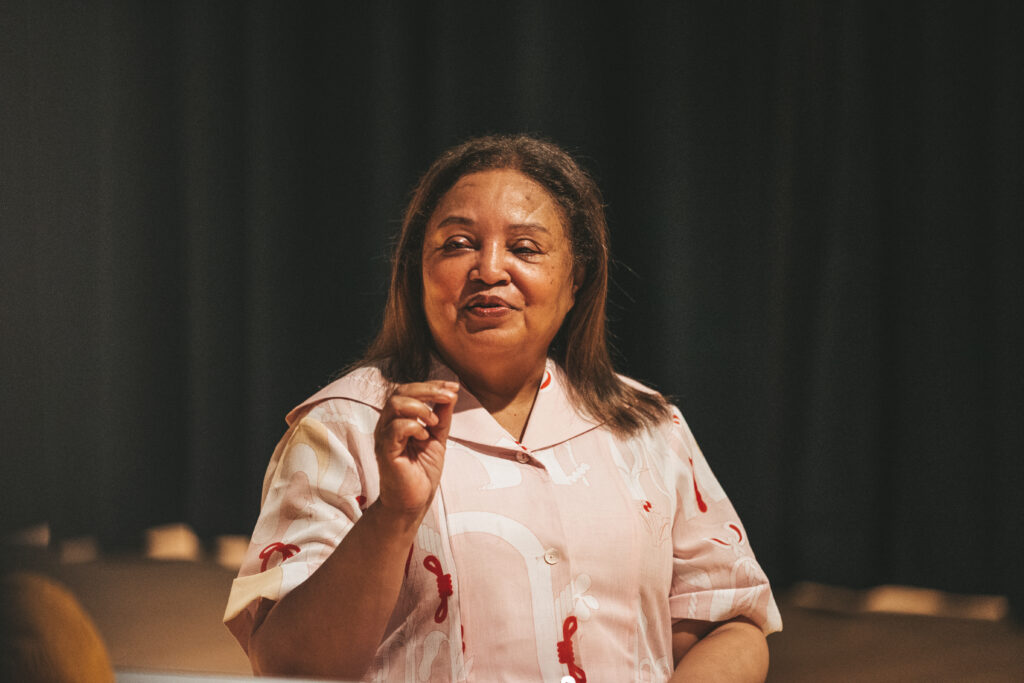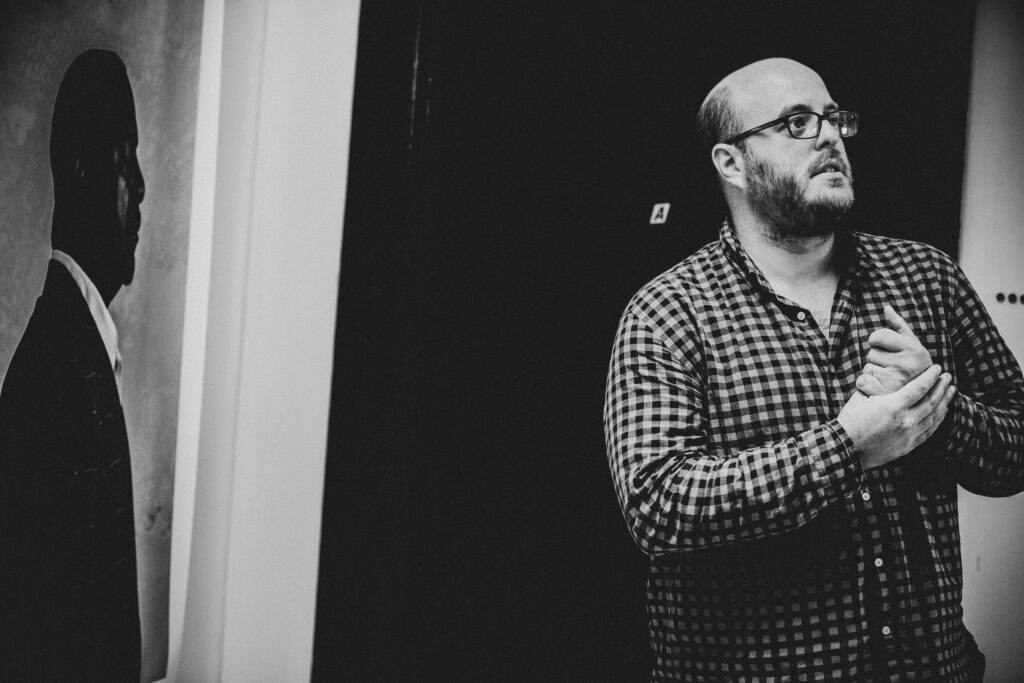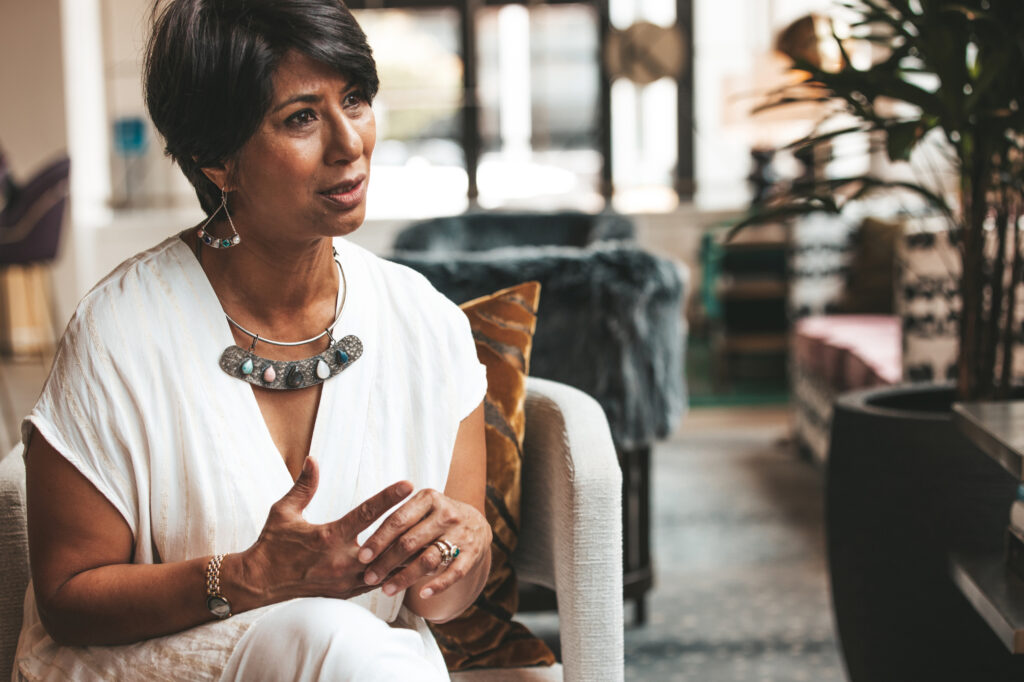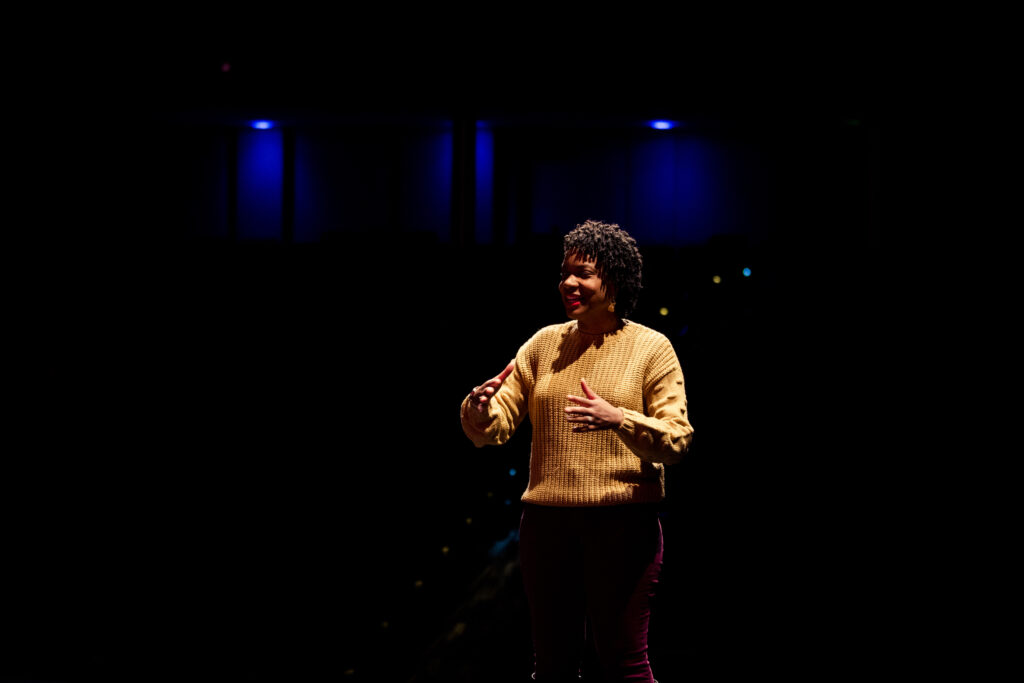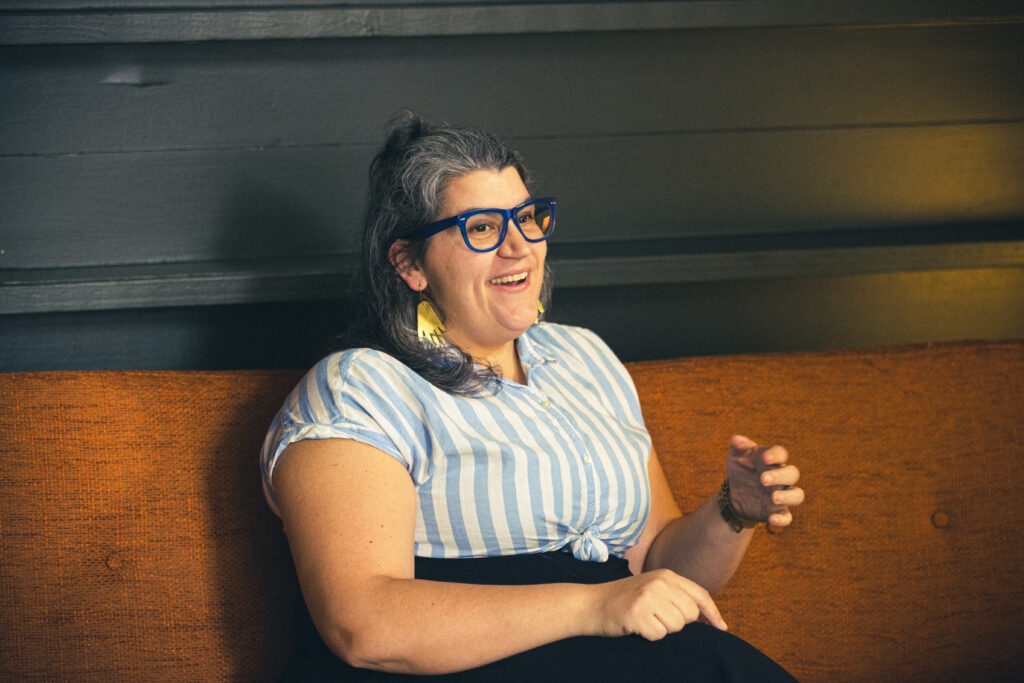“Starting small has really been more of a necessity than a strategy – but it’s been paying off either way..”
Alloy Thai is a passion that connects to your time in Thailand. Can you share a bit about your experience there with our readers?
I lived in Bangkok, studying at Thammasat University, for six months in 2005 and five months in 2008. I thought I had some idea of what Thai culture and Thai cuisine was like, but my time there was eye-opening. Delicious food was everywhere – spicy salads, intricate sweets, complex curries, myriad street foods and tropical fruits. It was so much more vast than what Thai restaurants abroad hint at. Thai culture, with its emphasis on gracious hospitality and easygoing approach to enjoying life, was entrancing, and it’s not without good reason that thousands of expats never leave the Kingdom. Eating is a big part of Thai culture, and Thai people love sharing food, talking about food, snacking, planning what to eat next while snacking…it’s part of that whole “enjoying life” thing. Alloy Thai allows me to do all of those things: share food, talk about food, make food. Food is such a great vehicle for sharing and exploring culture, and cooking Thai food is a way for me to connect with generations of Thai cooks who developed the cuisine over centuries, as well as to work within that framework to do something creative and connect with the season by using the best products I can find locally.
Growing food is also part of the process. I grow a lot of the herbs and vegetables I use, drastically shortening the distance from farm to table and ensuring that I have access to fresh foods that might not otherwise be available. In particular, having studied in Bangkok, I have this strong feeling for the flavors that permeate the city – particularly the cuisine of the palace, which is not fundamentally different from ordinary Thai food, but which benefited from generations of professional chefs and palace women whose ingenuity shaped the cuisine. While the old royal culture fell away with the end of absolute monarchy and polygamy (there’s only one queen now, rather than roughly fifty), this legacy has been preserved. The school I attended was built, along with the National Museum, National Performing Arts Academy, National Fine Arts Academy, and National Theatre, in the old “outer palace,” so the heritage of Bangkok as a royal city was always palpable for me. The food allows me to communicate this culture with others.
You came into CO.STARTERS with the idea of opening a Thai restaurant. You’ve taken a strategic approach to building your brand slowly by testing a wide variety of menu items and popping up in vastly different locations. What have you learned about your customers and their tastes?
Starting small has really been more of a necessity than a strategy – but it’s been paying off either way. I’ve been able to slowly build the brand, and have valuable face-to-face interactions with guests and learn what they respond to and what they don’t. Not everything gets the response I want it to, so it’s good to be able to have this dynamic rather than putting items on a restaurant menu and then wondering why they aren’t selling better. I really love regional Thai foods, particularly from the North and Northeast, but these dishes aren’t all hits with other people. Green papaya salad is a favorite, but other dishes, made without coconut milk or palm sugar and often pungently seasoned, often fail to deliver the flavors people want from Thai food.
What has been really encouraging, despite this, is that for the most part people seem to love precisely what I predict they will. Sometimes I push the envelope with a funky shrimp paste-based relish or an hors d’oeuvres of watermelon with sweet & salty crispy fish and shallot topping, and am thrilled to find that people can’t get enough of it. Most of my customers are looking for something new and different and exciting, and the flavors and experiences I offer give them just that, whether it’s an eight course meal with beverage pairings or a couple of curries and rice at Woodlawn Street Market.
Your home is almost an official embassy. Tell us how you infuse Thai culture into your home and how you leverage the space for the benefit of your business.
My home is probably a super weird place – it reflects the time I spent in Thailand, my practice of Tibetan Buddhism, my trips to teachings and pilgrimage sites in India, the year I spent attending tea ceremony college in Kyoto, and (to a much lesser extent) my Jewish heritage…basically it’s me. My style, my taste. Having guests for cooking classes or tastings is intimate, but since Alloy is really an extension of myself and my passion for Thai food and culture, it makes sense to share these things. That’s part of the deal. Having that space to see how guests respond to the atmosphere is a valuable thing. Having a place to grow food is also a huge deal. Formerly, Shindigs Catering had graciously shared their farmland in Morgan Springs, AL with me, but as my business has grown it’s harder to travel so far so frequently – and it’s much easier on my car.
You are focused on adhering to a very traditional Thai style of cooking. Why is that important to you?
Honestly, I try not to be too precious or purist about Thai food. Nowadays, everyone wants “authenticity” (which I won’t even start to debate) and “fusion” is shunned. Food trends aside, Thai food has been fusion cuisine for as long as it has existed. The Tai ethnic group originates in southern China, and while it’s hard to know when they first migrated into Southeast Asia, the first Thai kingdoms were only founded about 1000 years ago. Ingredients and cooking styles were adopted/adapted from Khmer, Mon, Burmese, and Malay/Indonesian cuisine. Chinese immigrants brought tremendous innovations to Thai food – if you can think of a Thai noodle dish you like, dollars to donuts the dish has Chinese origins. Ingredients like chiles and papaya were only brought to Thailand in the 16th century by the Portuguese from the Americas (imagine Thai food without chiles). Amazing individuals like Maria Guyomar de Pinha, an Indian woman of Japanese and Portuguese heritage who came to Thailand during the golden age of the Ayutthaya period (she married Konstantin Phaulkon, the Greek cabinet minister to King Narai – it was an international time), taught Thai cooks to make coconut milk and to use eggs and primitive baking techniques to make classic desserts. So what is traditional Thai cooking?
Devil’s advocate aside, my goal is to create flavors and textures that are true to classic Thai dishes as they would be prepared in Thailand. I might make some adjustments for local tastes, and I might use a variety of ingredients that aren’t common (or available at all) in Thailand. I don’t think everything has to be done a traditional way to get a delicious result, but to call it Thai food I think it’s important to work within a certain framework. There’s nothing wrong with other cuisines or approaches – but I’ve conceived of Alloy as a Thai brand, so it’s important to me to stay on message. That being said, every Tibetan New Year I do a series of Tibetan dinners which are a lot of fun, and that people get really excited about, despite the fact that it’s not Thai. In the future there may be other things that I bring into the mix. I can be a rigid person, but only when I really feel like making my life harder. I can be flexible too. Thai sweets and desserts are not always readily to the liking of most westerners, so I get creative. If it’s delicious, and it works, I’m cool.
Personally, I am biased in favor of traditional cuisines and culinary techniques. Molecular gastronomy can be amazing, and new innovative dishes can be incredible. But I don’t feel the need to forge something brand new when there are so many time-honored things to be learned, all of which have value. Cooking in a traditional way gives me this connection to a culture that I might not otherwise have, and these dishes have stories that are worth sharing. At this point it might be more about feelings than flavors for me, because I’m susceptible to that kind of marketing. Fortunately, so are lots of people, so I don’t fight the feeling.
What advice do you have for other culinary entrepreneurs in Birmingham?
Do it now. Whatever it is, if you’re waiting on everything to come together perfectly – that location, that financing, that great team – you’ll never start. Unless you’re simply more fortunate than me, with enough cash in hand to make everything happen smoothly. Find a way to get food in people’s mouths and get them talking.
Photo Credit: Dillon O’Hare

